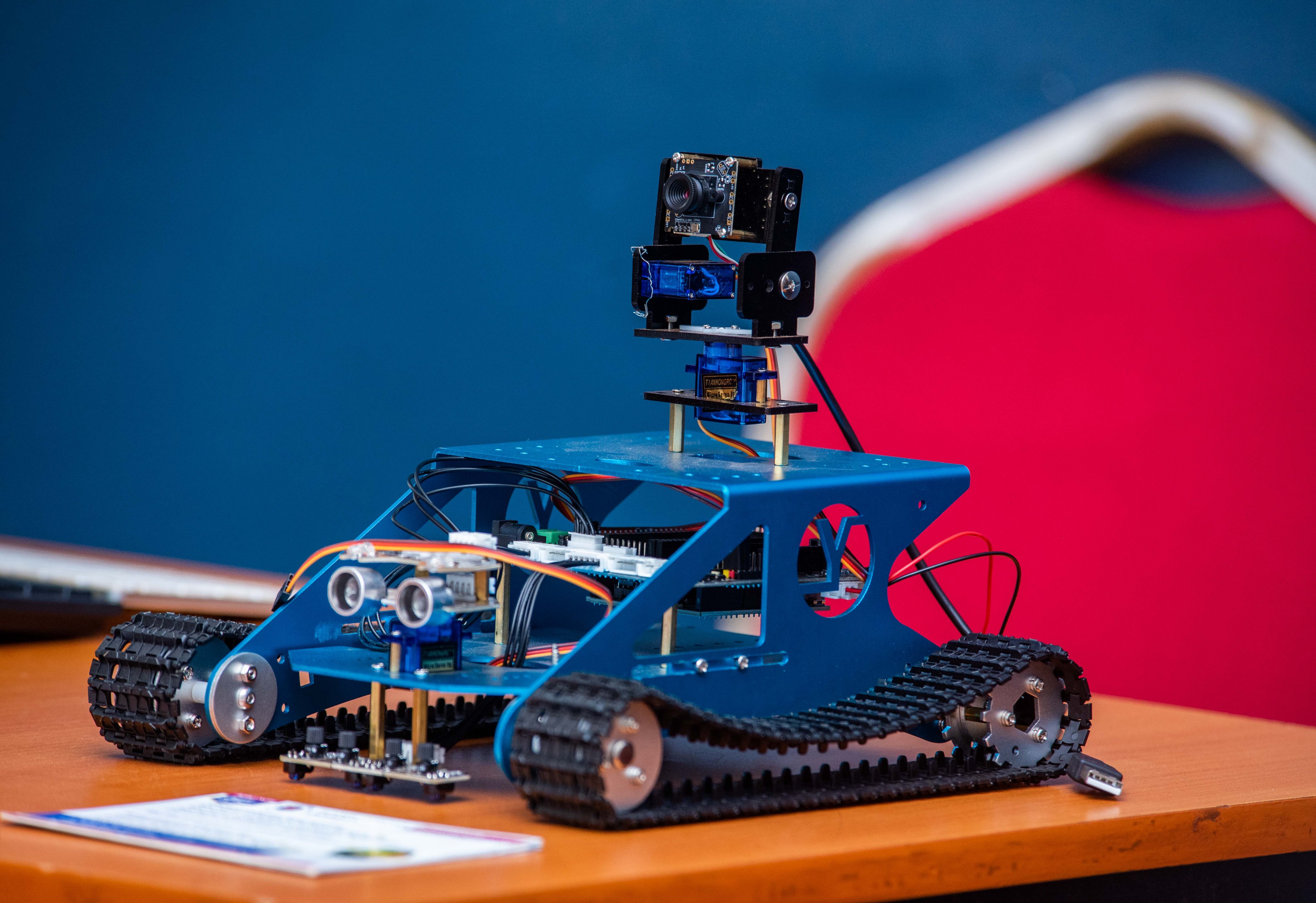By Irene Best Nyapendi
Seven Uganda Christian University (UCU) students have had a resume-building experience during a five-week internship at a university in Tanzania. The students participated in a Community-Based Monitoring (CBM) course at Mzumbe University’s main campus in Morogoro, Tanzania, from March 30 to May 5, 2024.
CBM is a co-creation course facilitated and co-ordinated by the Institute of Development Policy (IOB) – University of Antwerp, Belgium and Mzumbe University.
The course, which brought together students from the United States, Uganda, Tanzania, Belgium, Bangladesh, DR Congo, Cameroon, Ghana, Peru and Indonesia, was aimed at equipping students with skills and knowledge in community-led development and sustainability. It was delivered through theoretical sessions, skills labs and action labs, where students worked directly with local communities to identify development challenges and use evidence to influence designing of alternative interventions by duty bearers.

The UCU team included Amenyo Sarah, Bigala Cathryn, Baraka Peter, Lubega Daniel, Mubeezi Simon and Vincent Manimani, who are students of Master of Development Monitoring and Evaluation; and Sagal Macrina, who is pursuing a Postgraduate Diploma in Development Monitoring and Evaluation.
The invitation to the UCU School of Social Sciences was based on the collaboration that IOB-University of Antwerp has had with UCU.
The facilitators were led by Prof. Nathalie Holvoet from the University of Antwerp. Other facilitators included Dr. Sara Dewachter (IOB-University of Antwerp), Doreen Kyando (Mzumbe University), Dr. Alellie Sobrevinas (De La Salle University), Solomon Mwije (UCU), and Dr. Christina M. Shitima (Mzumbe University)..
Dr. Waiswa Jeremy, the UCU Head of Postgraduate Studies and Research – School of Social Sciences — noted that the students who participated in the program this year formed the inaugural cohort.
According to Waiswa, the course enhances students’ skills and enables them to implement the theories they learn in class.
“While we teach theoretical concepts in the classroom, this program provides students with the opportunity to put their knowledge into practice,” Waiswa said. “This helps our students concretize their understanding and allows them to test theoretical frameworks in real-world scenarios, discerning what works and what doesn’t.”

Solomon, a UCU lecturer, said during the program, they undertook three CBM projects on education, water and food security.
He explained that by working on real-world projects, UCU students developed essential skills in presenting their findings and engaging with the communities.
He said those who participated are expected to become change agents and share knowledge with colleagues. The students learned about how local communities in Tanzania are addressing issues related to development challenges. They acquired skills in data collection, analysis and community engagement.
What beneficiary UCU students said
Cathryn Bigala, a second-year student pursuing Master of Development Monitoring and Evaluation, said her most memorable moment in Tanzania was visiting villages to meet respondents affected by food insecurity and water scarcity.
The findings revealed that poverty and natural disaster situations like pests, floods, and elephants that destroy crops have devastating effects on locals.

“This has caused fear among the locals, and as a result, people have abandoned farming for quarrying as an alternative to fend for their families,” Bigala said.
Through the program, Bigala says she acquired practical skills in community data collection and analysis, respondent interviewing, and monitoring development projects at the community level.
Bigala noted that the program prepared her to think critically about community concerns, be an advocate for the underprivileged, and collaborate with individuals from diverse cultural backgrounds.
Sagal Macrina, a finalist pursuing a Postgraduate Diploma in Development Monitoring and Evaluation, says she participated in a CBM water project to test water safety, identify unsafe water sources, and present results to the community.
“During the water project, we implemented a flag system to indicate safe and unsafe water sources,” Macrina said. “We put green flags to indicate safe water sources and also put up red and orange flags to indicate the unsafe water sources prompting government action, where necessary.”
The program also helped her develop interpersonal and communication skills.
“Through the program, I learned better communication skills as I had to present findings to the community and other stakeholders,” Macrina noted.

She also appreciated the experience of working with peers from diverse cultural backgrounds, which broadened her worldview and helped her appreciate the nuances of working in a multicultural team.
Simon Mubeezi, a second-year student of Master of Development Monitoring and Evaluation, said he acquired skills in research methodology and data analysis.
By engaging directly with the local community through data collection, he says he gained insights into the farmers’ adaptive and coping strategies to climate change and their agricultural practices.
“This program showed me the importance of integrating local knowledge with academic research to effectively address food security concerns,” Mubeezi noted.

























You must be logged in to post a comment.